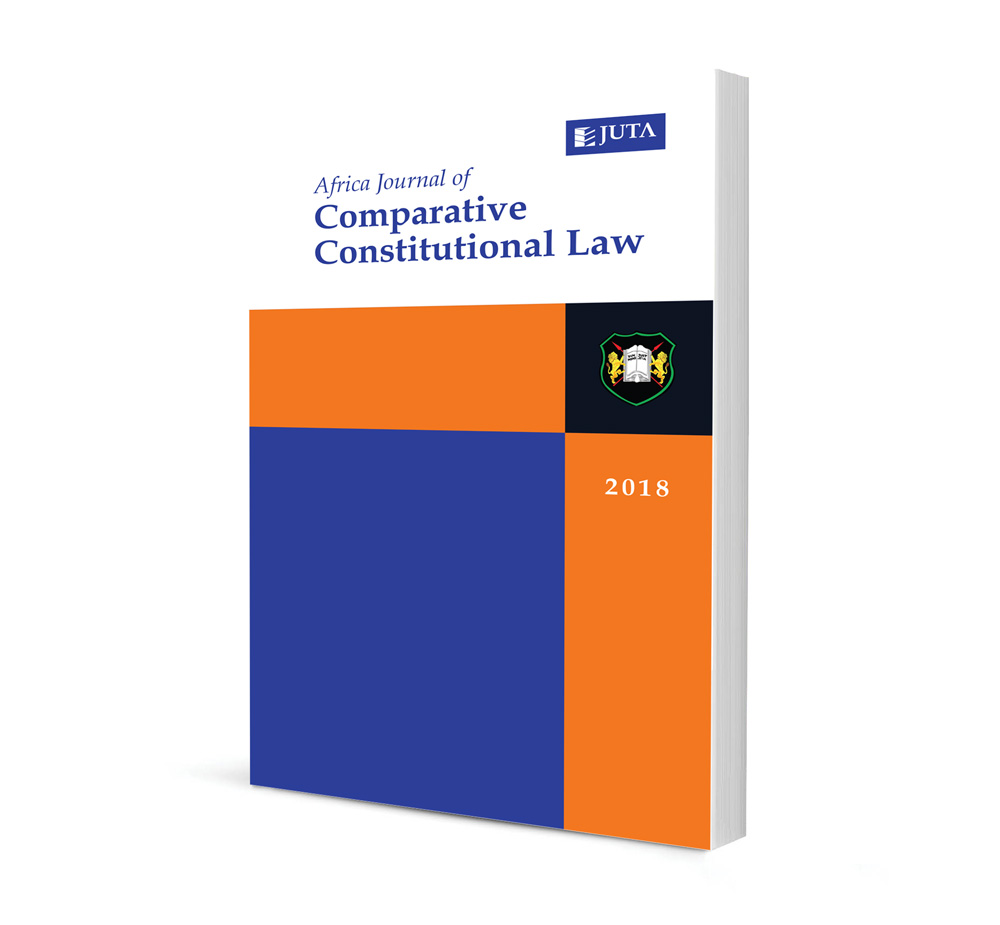
Transition and the Pitfalls of Nondemocratic Institutions: A review of Constitutionality in Ethiopia
Author: Tadesse Melaku
ISSN: 2521-5434
Affiliations: Assistant Professor, School of Law, Hawassa University, Ethiopia
Source: Africa Journal of Comparative Constitutional Law, 2021, p. 67 – 87
https://doi.org/10.47348/AJCL/2021/a4
Abstract
Ethiopia has undertaken important political reforms after the fall of authoritarianism in 2018. This article examines the performance of Ethiopia’s constitutional review mechanism amid the ongoing political and institutional reforms in the country. The study focuses on the process and merit of the constitutional ruling to delay the 2020 national and regional elections because of the coronavirus pandemic, thereby extending the government’s tenure. It further unravels the challenges posed by nondemocratic institutions of the past regime in navigating the transition. In doing so, this study draws on legal, documentary and case analysis, and a literature review. While the mandate extension comes as no surprise, the reasoning of the decision to do so was disappointing for many, dashing the hope and sense of a constitutional moment that accompanied the highly publicised constitutional hearing process in June 2020. The judgment reveals an endemic deficiency of the institutional system. Thus, it is imperative for Ethiopia to establish an independent constitutional umpire to check and control the exercise of government power and support the transition to multiparty democratic governance in the country.